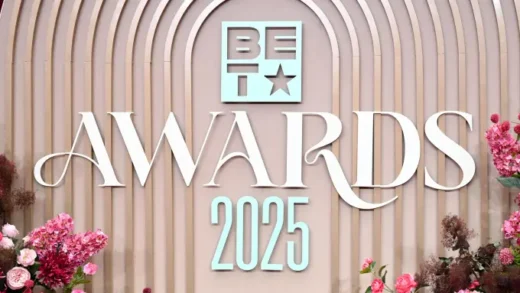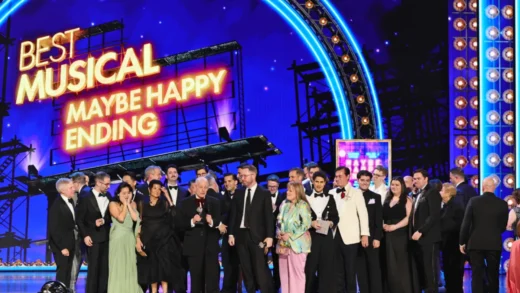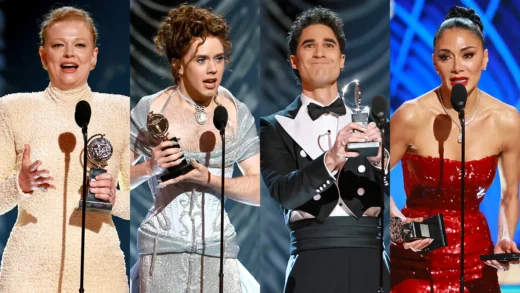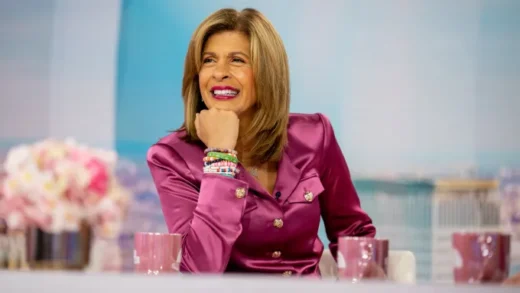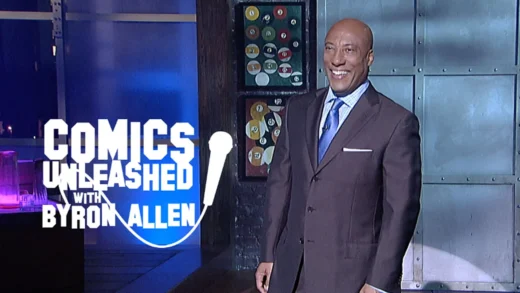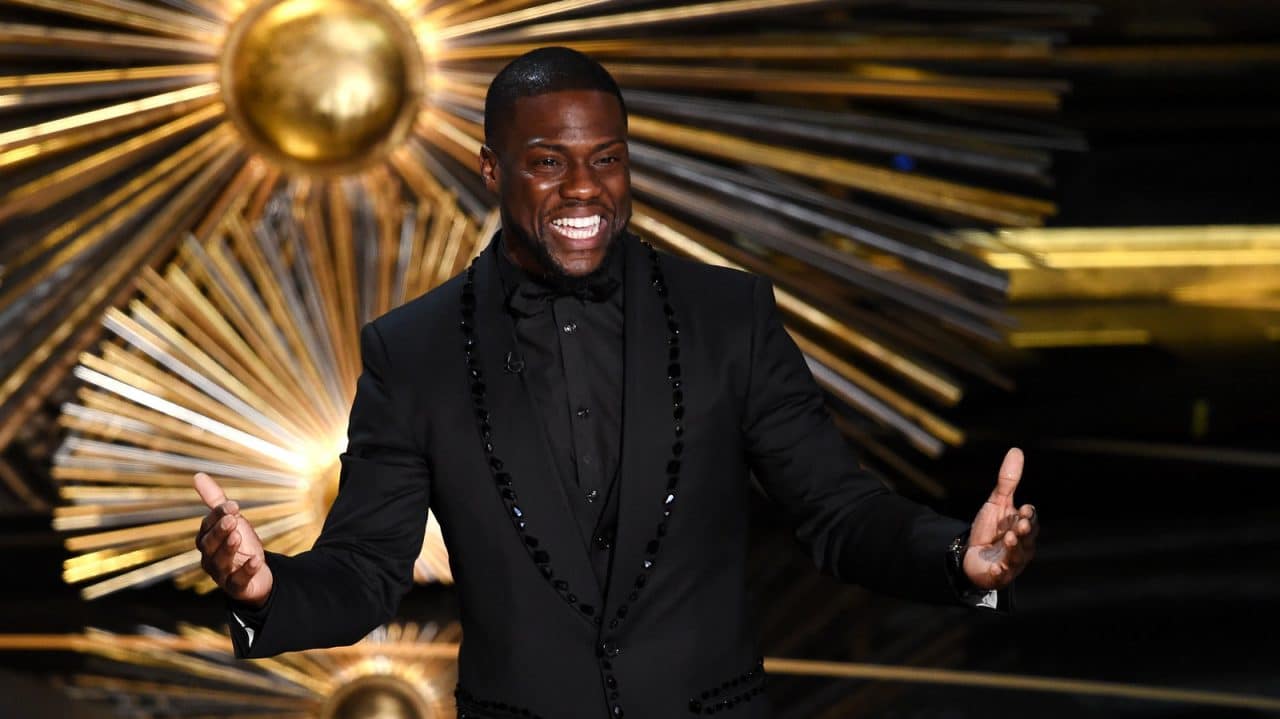One name won’t be called at this year’s Oscars: the host’s.
After Kevin Hart’s hosting stint proved to be the shortest-lived in history, the Academy Awards are hurtling toward a Feb. 24 airdate without a famous name steering the ship. Rumor has it that with options dwindling, Oscar-show producer Donna Gigliotti and co-producer Glenn Weiss will forgo a host entirely.
How different will the show look without an M.C. and monologue? The last time the Oscars tried that was the infamous 1989 edition when Rob Lowe danced with Snow White, such an epic, unfocused disaster that Paul Newman, Julie Andrews and other stars sent a letter to the academy denouncing it as an “embarrassment.”
Suffice it to say, that’s one piece of Oscar history that Gigliotti and Weiss aren’t keen to repeat. In fact, the producers may see Hart’s ejection as a blessing in disguise: One of the academy’s oft-stated priorities is to trim the telecast to a slim three hours, and with no monologue nor a host to keep cutting back to, the proceedings should at least be shorter.
But will they be better?
It’s here I should note that the host tends to be both the most overrated and underrated part of any Oscar telecast. Overrated, because after that first commercial break, the host pops up much less frequently than you might think, a format that allows presenters and winners to come to the fore. Outside of the monologue, you’re liable to remember only one other significant moment from any given Oscar host.
Sometimes, the host makes the most of these additional moments, as Ellen DeGeneres did five years ago when she pulled nearly every celebrity in the front row into a selfie that went viral. Still, with many Oscar hosts, you can see the flop sweat as they try desperately to will a minor bit into something bigger. The less said about Jimmy Kimmel’s aimless foray into a packed movie theater, or Neil Patrick Harris’s recurring briefcase joke, the better.
Mistakes like those won’t be missed, and those who tune into the Oscars simply to watch things go smoothly will no doubt be satisfied. And yet, even though it’s a gig packed with peril, I think we’re still underestimating the power a host has to shape the telecast in ways both noticeable and not.
For one, the hosts serve as ratings-drivers: Not only are they expected to promote the show in interviews and commercials, but when the host is well matched to the material, audiences often tune in simply to see what he or she will say. With ratings dwindling for the telecast, this is a bad year to skimp on a host’s must-see appeal, and though Oscar producers hope to offset that loss by asking big names to present, that’s hardly a unique draw. Most Oscar telecasts are already packed with celebrity presenters.
ABC has been so desperate to increase Oscar ratings that executives pushed for a new category just to reward blockbuster films, and while it’s true that the 1998 telecast became the highest-rated Oscar show ever in part because the megahit “Titanic” was in contention, 2014’s edition was the most-watched of the last decade, and that wasn’t because best picture winner “12 Years a Slave” was some billion-grossing smash. It’s because DeGeneres, that year’s social-media-savvy host, ably plugged into the way many people like to watch the Oscars these days: with one eye on the TV, and the other on Twitter.
Kimmel, who hosted the last two Oscar telecasts, offered no such boost. Unable to land a good zinger even during the best-picture mix-up involving “La La Land” and “Moonlight,” Kimmel droned through most of his material like he was thinking about his grocery list. Since Kimmel already hosts a nighttime show on ABC five times a week, his Oscar stint had no special frisson, yet the network consistently overlooked his uninspired stewardship as it searched for a scapegoat to pin those falling ratings to, instead blaming the Oscars themselves.
(Excerpt) Read more in: The New York Times
